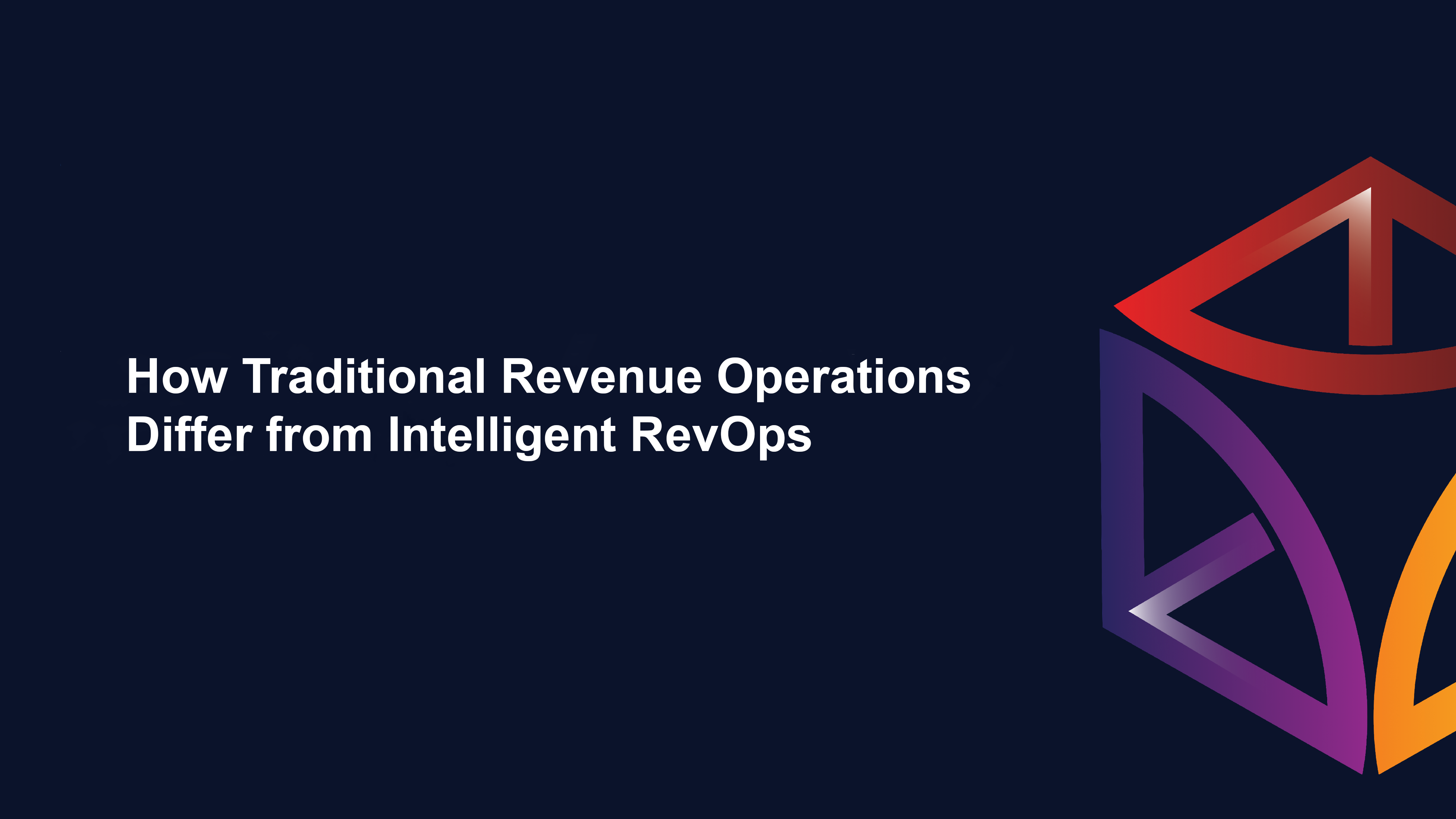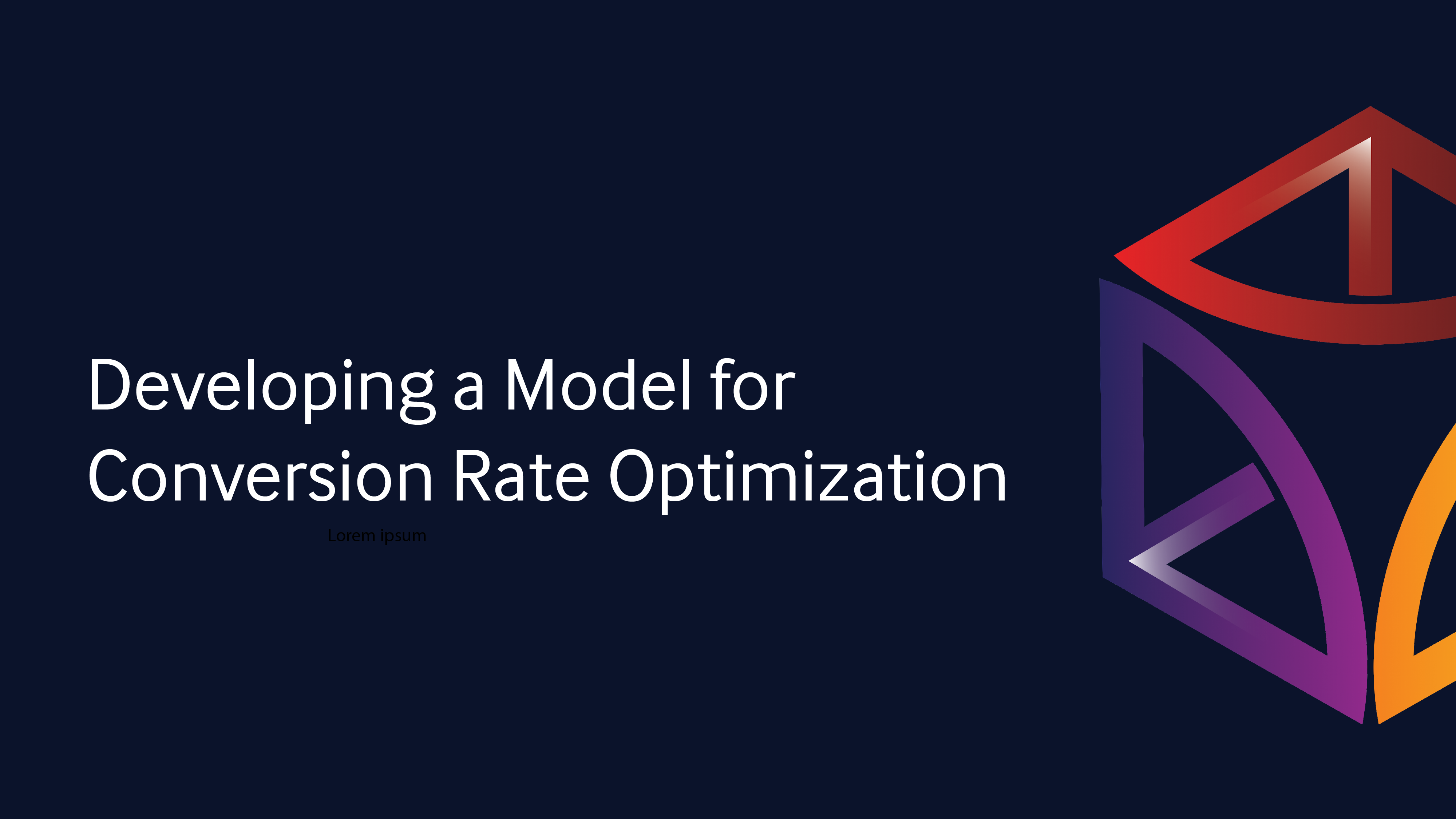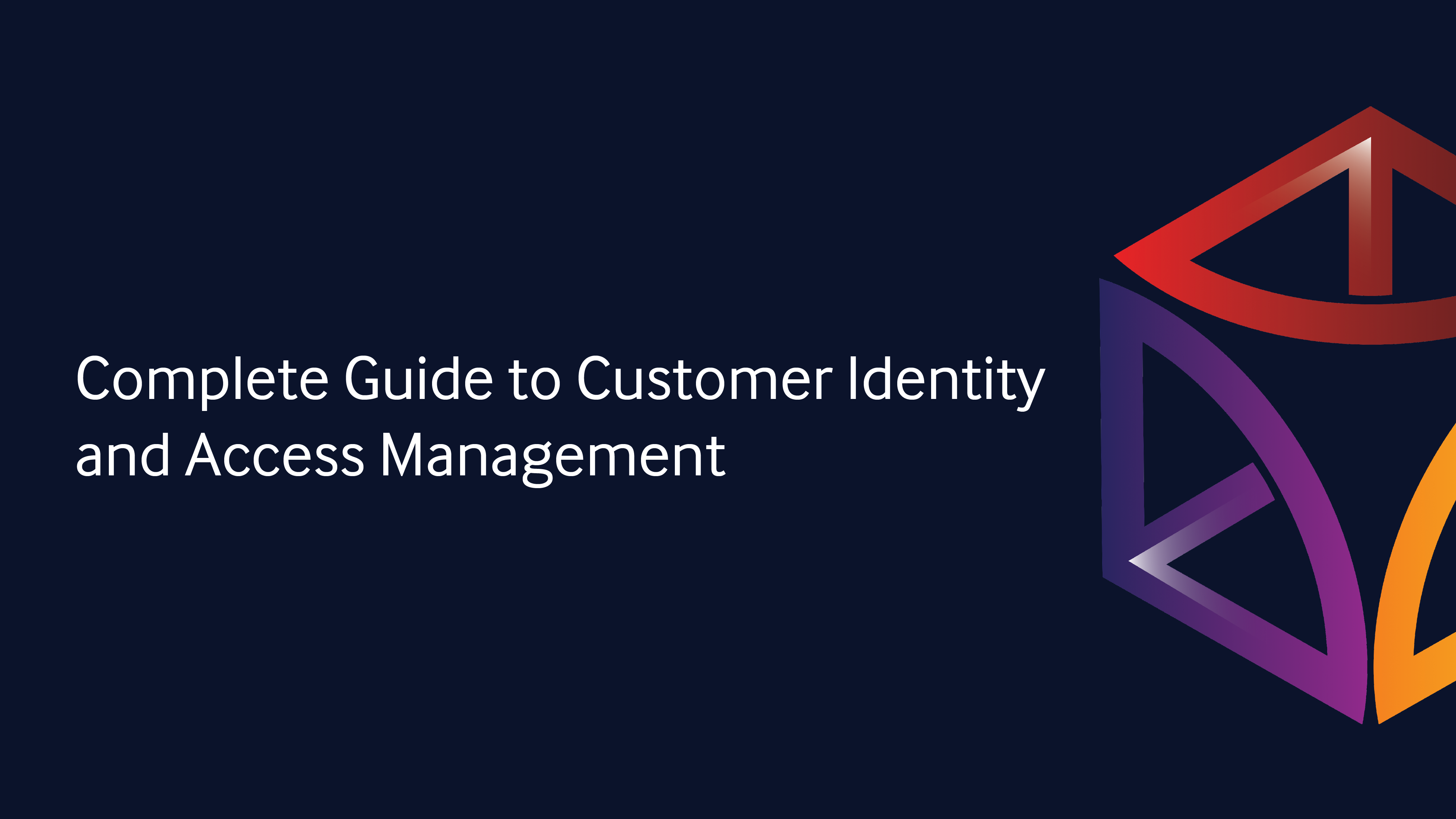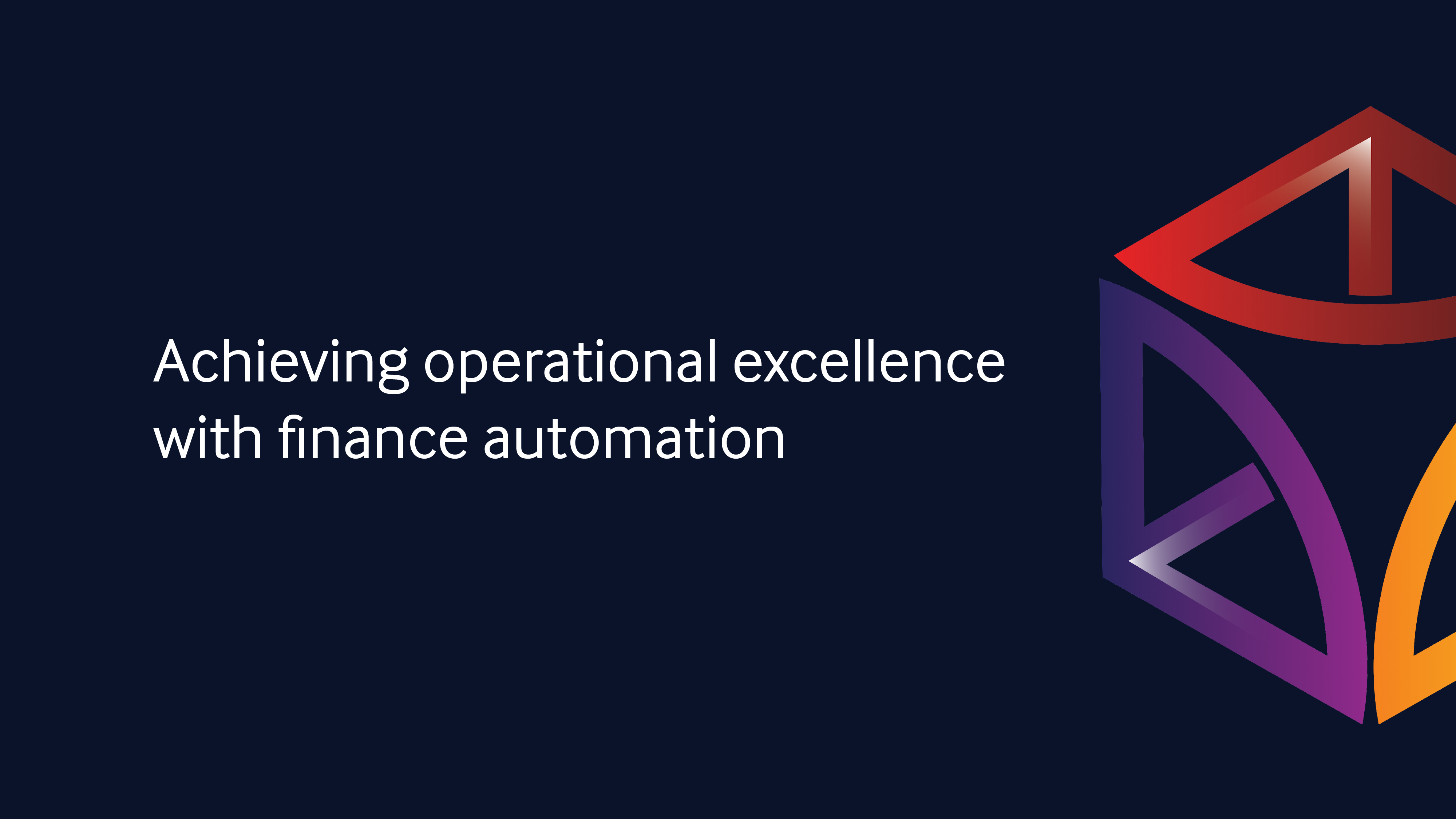

Elsa Petterson
Partner success manager @ Put It Forward
In order to achieve success, businesses ought to seek new ways to streamline their processes and improve efficiency. This is especially true for the lead-to-cash process – a key area for any company. Converting a potential lead into a paying customer is a long road that leads through various teams. When done traditionally, it might be quite challenging and susceptible to errors, delays, or simply missed opportunities. Yet, by integrating Netsuite, these problems might be overcome. Therefore, today we will focus on Netsuite integration and how it can be used to optimize the lead-to-cash process. We invite you to read on.
The challenges to the traditional lead-to-cash process
Before we explain how you optimize the lead-to-cash process, we need to delve into the topic of the most common challenges that you might stumble across. These problems may hinder growth, impede sales productivity, and thus reduce customer satisfaction. Therefore, it is crucial to understand them and find optimal solutions. The most critical hurdles include:
Lack of visibility
One of the most common issues in the traditional L2C processes is that they lack transparency and real-time visibility into the various stages of the cycle. Because of this, teams are incapable of tracking progress, identifying bottlenecks, and making correct, information-based decisions.
Manual data entry
Data is the key to success. Yet, entering it manually is a strenuous, low-value task performed by high-paid employees. Moreover, it is susceptible to human error, and often different teams need to input the same data, multiplying the task across the whole business. As a result, the lead-to-cash process takes significantly more time and the data is vulnerable to discrepancies.
Lack of centralization
Different teams use different systems and platforms, tailored to the specific needs of their area of interests. Yet, the lead-to-cash cycle is not simply allocated within the field of one team – it goes through several, including sales and marketing. It makes it arduous to gather accurate insights into the processes, even if the company introduces merges such as Salesforce Marketo integration – without a unified system, the data is fragmented, thus less accessible.
Long approval process
Since the data flow is hindered due to fragmentation, in many traditional lead-to-cash cycles, the approval process simply takes too long. It is often complex, yet routed manually, which exposes it to potential errors, and delays and results in a decrease in customer satisfaction.
How do you optimize the lead-to-cash process with Netsuite?
Integrating Netsuite with other platforms, such as Marketo, proves quite beneficial for the whole L2C process. Let’s see what Netsuite is and how it helps to optimize the lead-to-cash cycle.
What is Netsuite?
Netsuite is a cloud-based business management software that encompasses a broad range of functionalities, such as:
- customer relationship management (CRM)
- enterprise resource planning (ERP)
- financial management.
The role of Netsuite is to be a unified platform that integrates all critical processes in a business. It does so by automating workflows, improving visibility, and aligning teams.
Optimizing L2C process with Netsuite
Netsuite offers a plethora of tools that can be used to improve the lead-to-cash process in your company. Here are the main benefits of integrating this platform into your other systems:
- End-to-end overview and data flow – With Netsuite, it is possible to integrate CRM, ERP, and financial management into one simple module. As a result, the data silos are eliminated and the information is exchanged between teams seamlessly, in real-time. When it comes to lead-to-cash processes, this feature accelerates the lead flow between the marketing and sales teams.
- Enhanced visibility and reporting – Since Netsuite builds a single database for all the teams involved, it naturally boosts the visibility of all the processes and enhances reporting. Conversion rates, sales pipelines, revenue forecasts – all these key metrics are available in one place, letting your company make more accurate, data-driven decisions.
- Workflow automation – Using Netsuite allows you to automate workflow and approvals. This minimizes the possible errors in lead-to-cash processes and decreases the time spent on inputting data. As a result, a company using Netsuite experiences a growth in revenue due to the employees performing more high-value tasks.
Boosting the lead-to-cash process by integrating Netsuite – use cases
The integration of Netsuite has proven to be highly beneficial for businesses seeking to optimize their lead-to-cash processes. Here are some examples of how it can be done:
Netsuite, Salesforce, and Marketo
We have already explained how to integrate Marketo with Salesforce, yet adding Netsuite to that might be an additional boost. These three platforms can be integrated to create a unified system and align the marketing, sales, and finance teams. After all, leads go through each of them, so letting these teams work together is quite crucial.
Such an integration lets companies create a unified database, automate the data flow, and accelerate it, leading to a quicker, more effective lead-to-cash process.
Netsuite and Sitecore
Sitecore is an excellent platform to enhance customer experience. It is a key to omnichannel communication, which is crucial nowadays. By integrating Netsuite with Sitecore, it is possible to achieve higher customer satisfaction. This results in more effective leads, improved customer loyalty, and lower retention rates.
Netsuite and SugarCRM
SugarCRM is a platform used for customer relationship management, marketing, and sales automation along with lead management. As such, it proves utterly beneficial to integrate it with Netsuite. SugarCRM helps businesses create better leads themselves, yet the data flow provided by Netsuite, it takes it to a completely new level. Merging these platforms means improving the quality, time, and flow of leads or in simple words: more paying customers.
The takeaway
Optimizing the lead-to-cash process is crucial for businesses aiming to drive revenue growth and improve operational efficiency. Integrating Netsuite allows companies to overcome the challenges of the traditional L2C cycle, by streamlining data flow, automating processes, and increasing visibility. As such, organizations should embrace Netsuite and integrate it with platforms such as Salesforce, Marketo, Sitecore, or SugarCRM to create the most high-quality leads and acquire paying customers.
You might also like: How To Close More Deals with 360-Degree Customer View
Subscribe to our blog






























